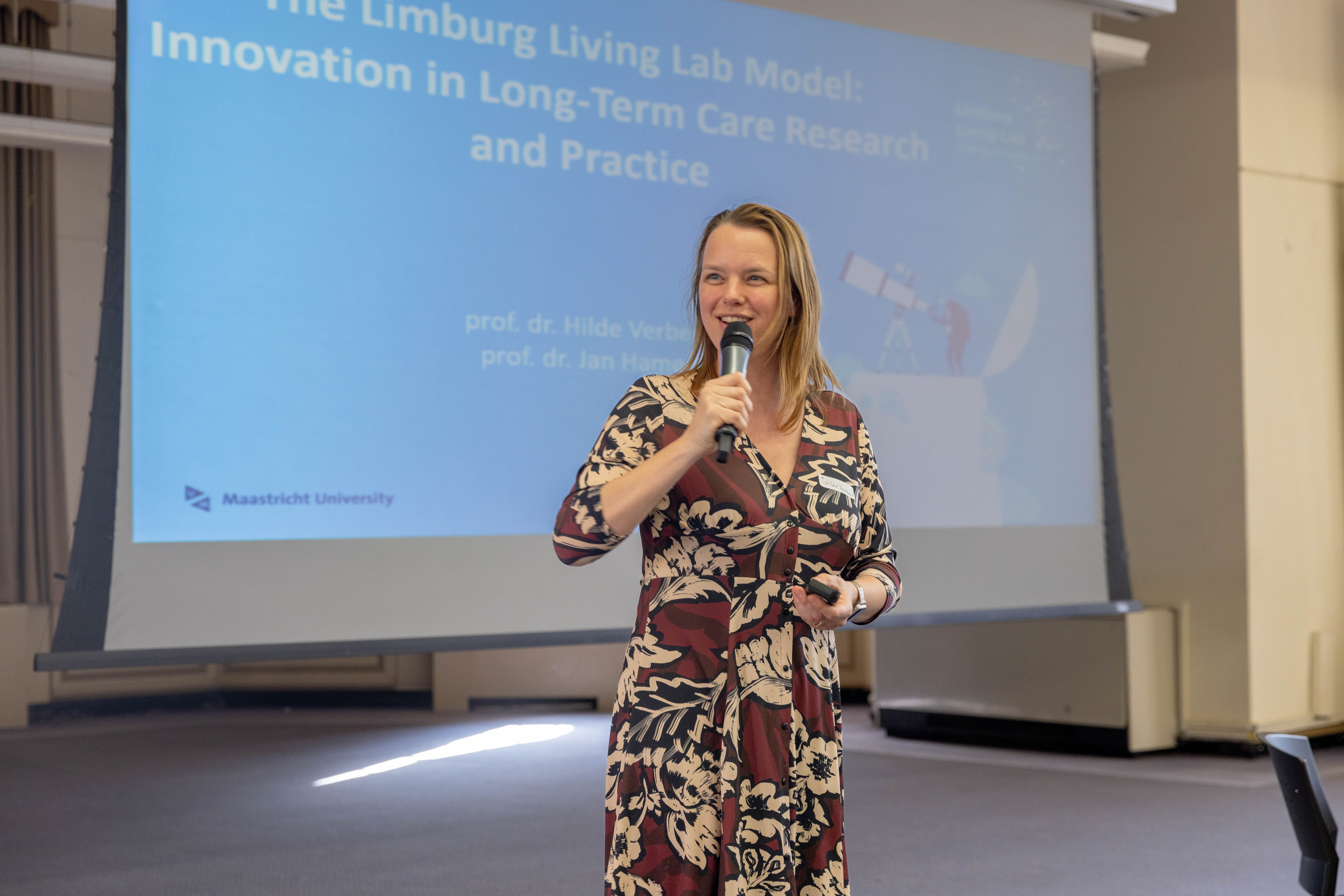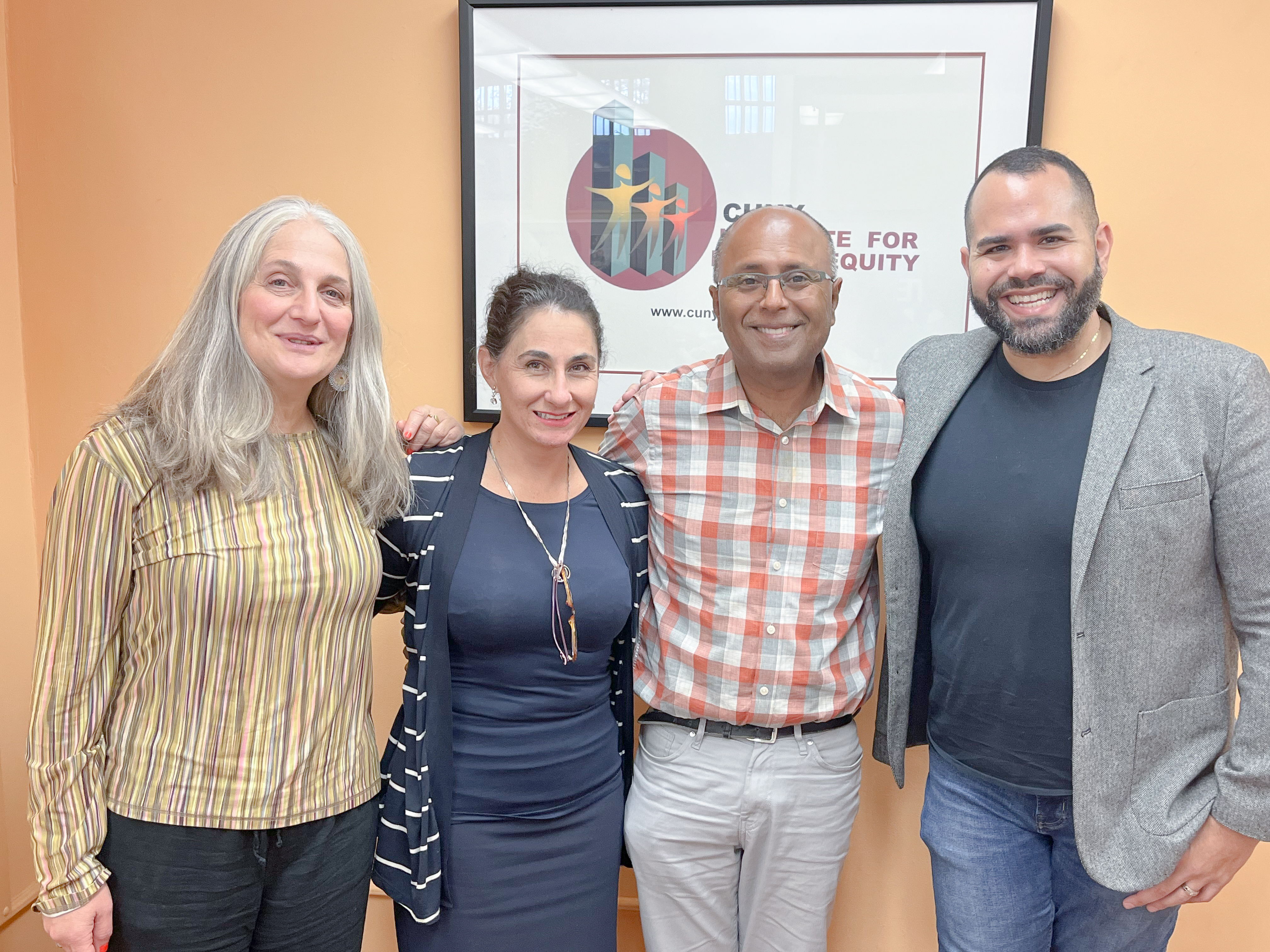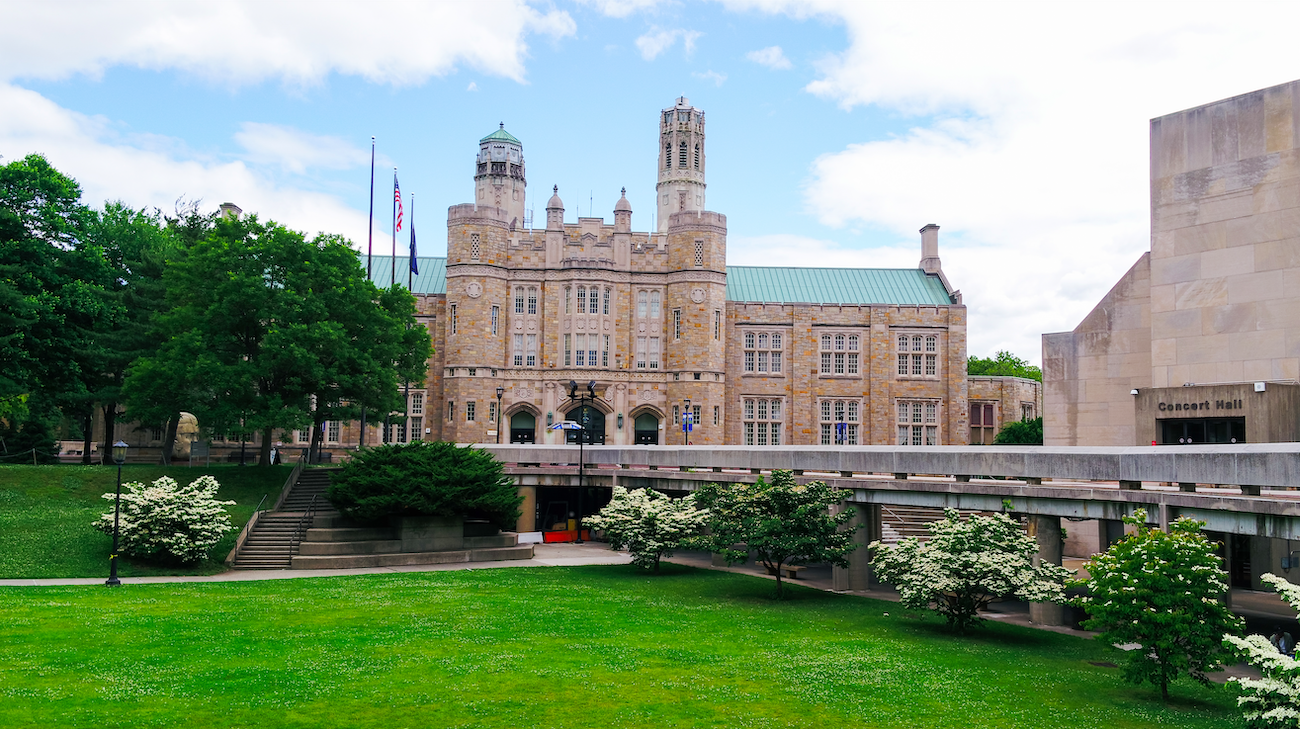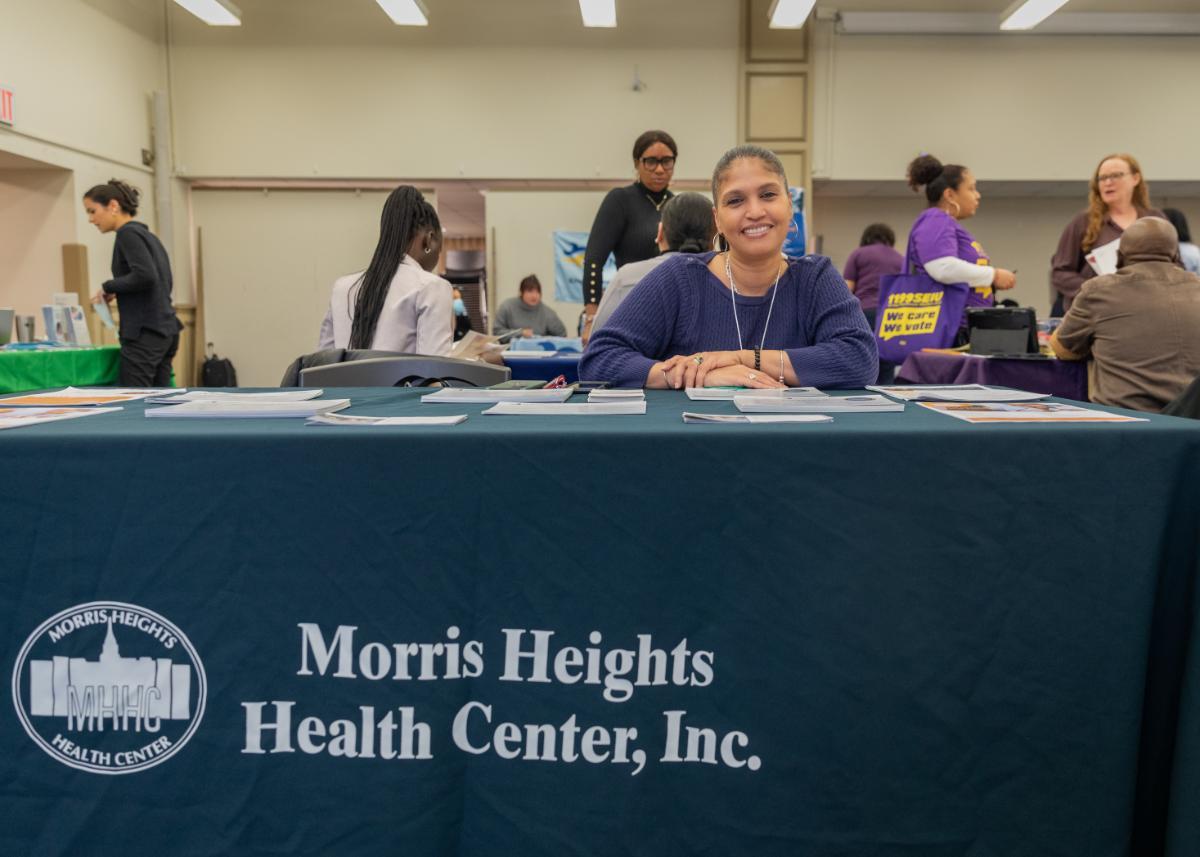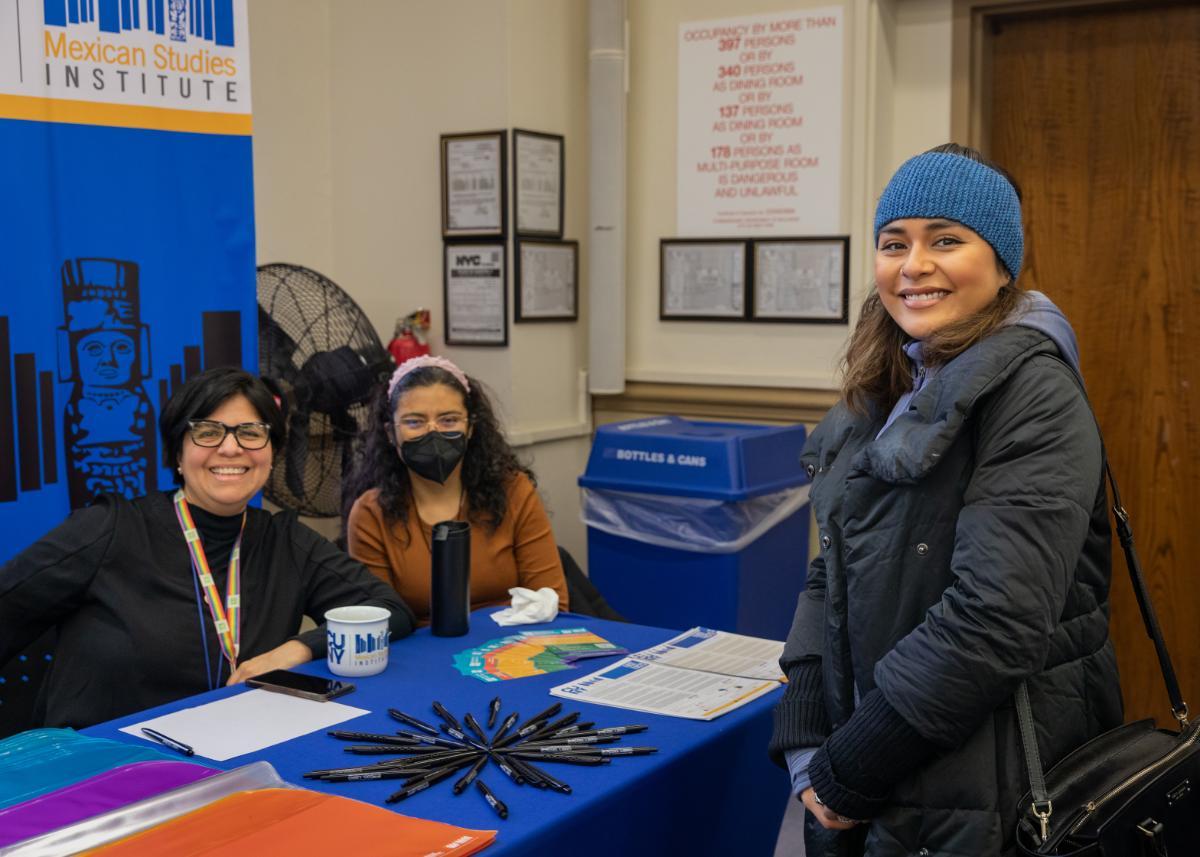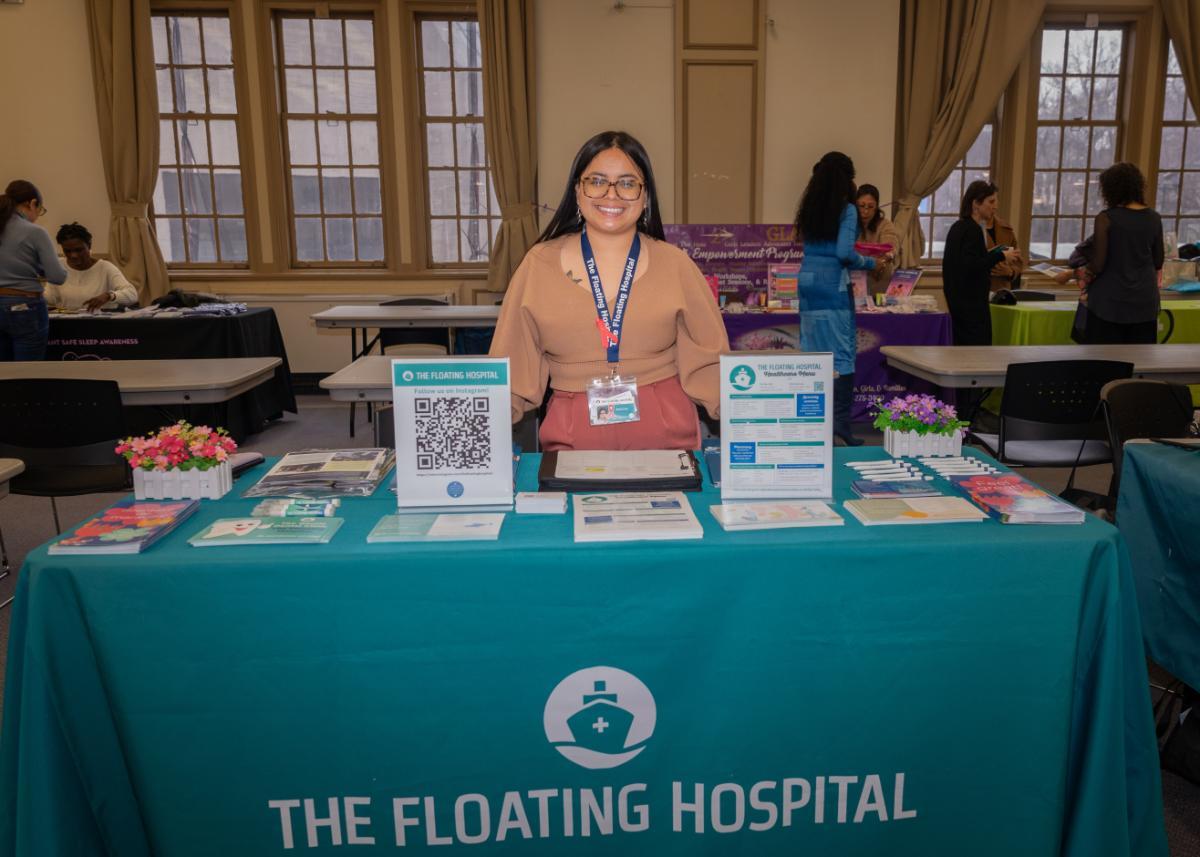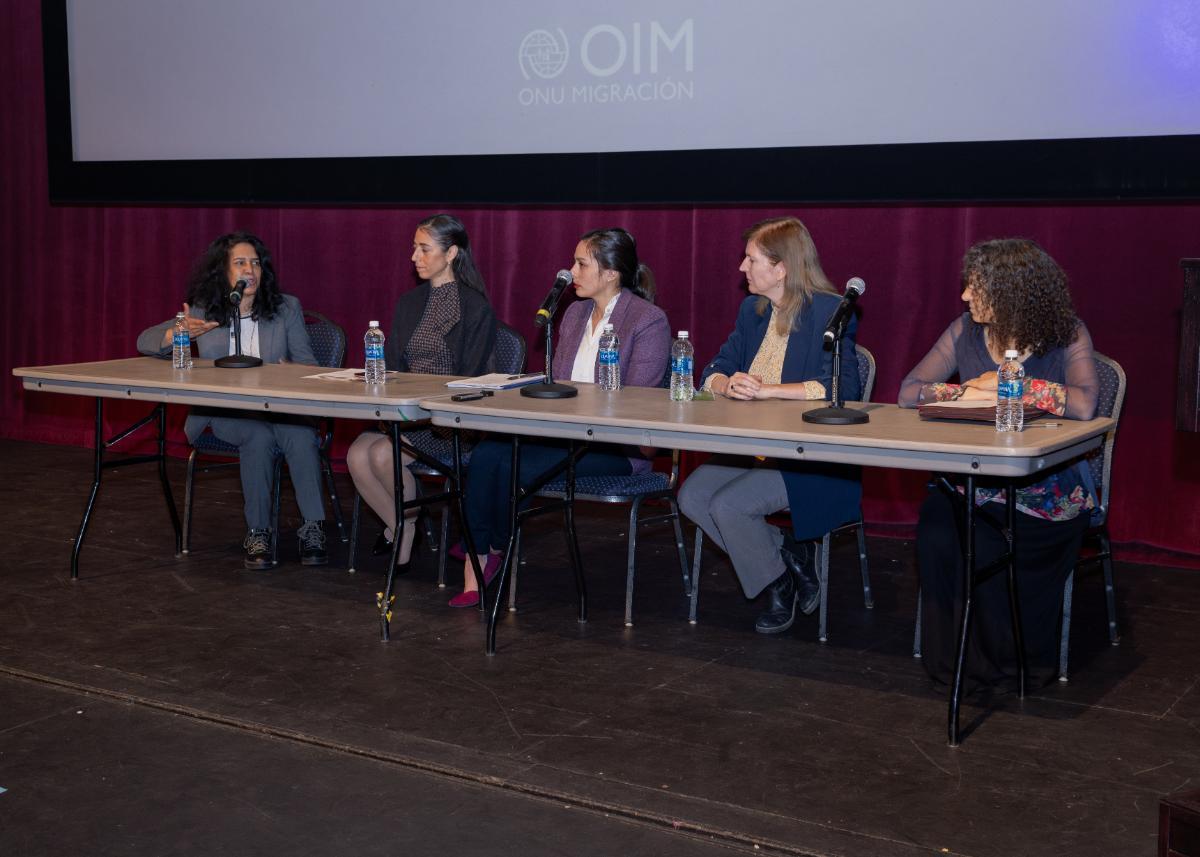CUNY INSTITUTE FOR HEALTH EQUITY
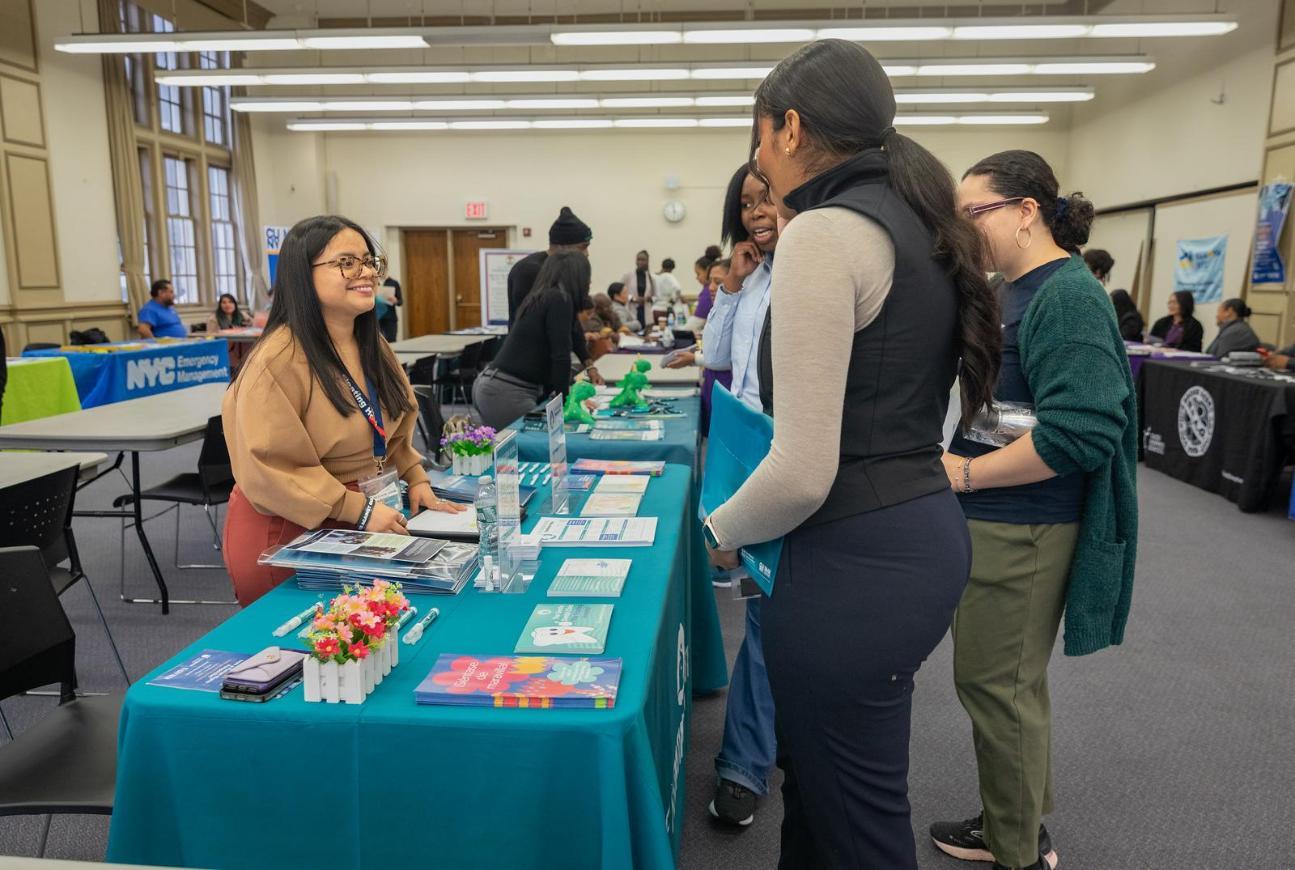
The City University of New York (CUNY) Institute for Health Equity (CIHE) is a CUNY-wide institute that coordinates research, teaching, service and community engagement with the goal eliminate health inequalities, reduce health disparities and promote health.
In 2020-2021 CIHE embarked in a Strategic Plan process that defined CIHE’s mission, goals and actions items for the next 5 and 10 years. At CIHE’s core are a group of distinguished faculty (affiliated and contributing) from across the CUNY-system; undergraduate and graduate students and community partners.
The CUNY Institute of Health Equity at Lehman College is proud to announce its recertification for a five-year period, authorized by the Board of Trustees, effective June 25, 2024.








